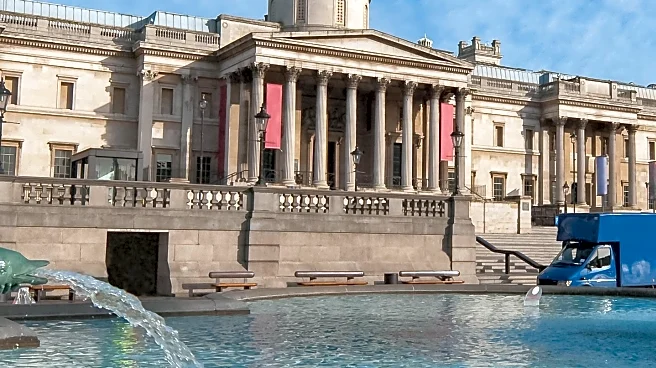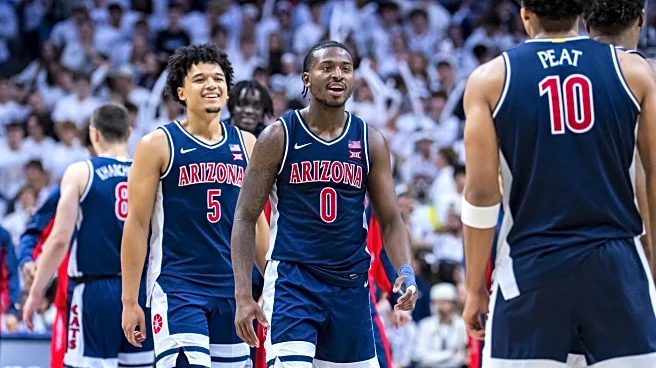What's Happening?
The British Museum has announced a charity ball scheduled for October 18, 2025, aimed at raising funds for its international partnerships. The event has sparked controversy due to the museum's ongoing refusal to return looted artefacts, including Benin Bronzes, to their countries of origin. Despite Nigeria's formal requests for restitution, the British Museum continues to hold these artefacts, while simultaneously engaging in excavation projects in Benin City. The ball will feature a silent auction, raising questions about the inclusion of African artefacts in the auction.
Why It's Important?
The British Museum's decision to hold a charity ball amidst calls for the restitution of looted artefacts highlights ongoing debates about cultural heritage and colonial legacy. The event underscores the tension between cultural institutions and countries seeking the return of their cultural property. This situation may impact international relations, particularly between the UK and countries like Nigeria, which have been vocal about reclaiming their heritage. The museum's actions could influence public opinion and policy discussions regarding the ethical responsibilities of cultural institutions.
What's Next?
The charity ball may prompt renewed calls for the restitution of looted artefacts, potentially leading to diplomatic discussions between the UK and affected countries. Advocacy groups and cultural heritage organizations may increase pressure on the British Museum to address restitution demands. The event could also spark broader debates about the role of museums in preserving and displaying cultural heritage, and the ethical implications of holding artefacts acquired during colonial times.
Beyond the Headlines
The controversy surrounding the British Museum's charity ball reflects broader issues of cultural appropriation and the legacy of colonialism. The event raises ethical questions about the ownership and display of cultural artefacts, and the responsibilities of museums in acknowledging historical injustices. The situation may contribute to ongoing discussions about decolonization and the need for cultural institutions to engage in reparative justice.











